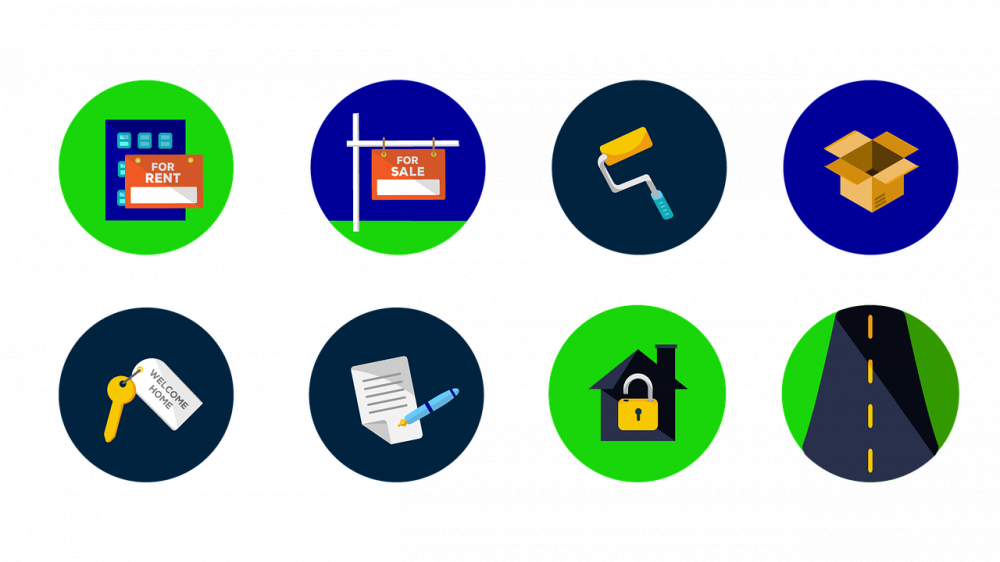E-commerce: A Revolution in the World of Digital Business

Introduction
In today’s digital era, e-commerce has emerged as a game-changer in the world of business. It revolutionizes the way we buy and sell products and services, offering convenience, choice, and accessibility like never before. Whether you are an individual looking to purchase a simple household item or a business seeking new avenues for growth, understanding e-commerce is crucial. In this article, we will delve into the intricate details of e-commerce, its historical evolution, and its significance for both individuals and businesses.
What is E-commerce?

E-commerce, short for electronic commerce, refers to the practice of buying and selling products or services over the internet. It eliminates the need for physical stores and geographical limitations while providing a platform for global transactions. E-commerce encompasses various models, including business-to-business (B2B), business-to-consumer (B2C), consumer-to-consumer (C2C), and consumer-to-business (C2B). It involves online marketplaces, online retail stores, and electronic payment systems, facilitating seamless transactions in the digital domain.
Historical Evolution of E-commerce
E-commerce has a rich and intriguing history that spans several decades. In the early 1970s, the concept of electronic data interchange (EDI) laid the foundation for electronic transactions between businesses. However, it was not until the 1990s, with the advent of the World Wide Web and the widespread use of personal computers, that e-commerce began gaining significant momentum.
The Dot-com Boom of the late 1990s witnessed the emergence of pioneers like Amazon and eBay, who played instrumental roles in shaping the e-commerce landscape. With the introduction of secure online payment gateways and the development of robust logistics networks, consumers gained confidence in making online purchases.
The 21st century marked a new era for e-commerce, driven by technological advancements and the proliferation of mobile devices. The rise of smartphones and tablets enabled consumers to shop on-the-go, further boosting the growth of e-commerce. Today, e-commerce giants like Alibaba and Shopify dominate the global digital marketplace, constantly pushing boundaries and exploring innovative solutions.
Key Aspects to Consider in E-commerce
To make the most of e-commerce, it is essential to grasp key aspects that contribute to its success. Here are some important points to keep in mind:
1. User Experience: Providing a seamless and intuitive user experience is crucial for e-commerce platforms. From easy navigation to personalized recommendations, ensuring customer satisfaction enhances engagement and promotes loyalty.
2. Security: Addressing security concerns is vital in e-commerce. Emphasize the use of SSL certificates, secure payment gateways, and robust data encryption protocols to safeguard sensitive information.
3. Mobile Optimization: With the rise in smartphone usage, optimizing your e-commerce platform for mobile devices is non-negotiable. Responsive design and dedicated mobile apps allow customers to access your store anytime, anywhere.
4. Digital Marketing: Utilize various digital marketing techniques such as search engine optimization (SEO), pay-per-click (PPC) advertising, and social media marketing to enhance your online visibility and attract potential customers.
5. Logistics and Fulfillment: Efficient management of inventory, timely delivery, and hassle-free returns are essential components of a successful e-commerce operation. Partnering with reliable logistics providers can ensure a smooth customer experience.
E-commerce and its Impact on Individuals and Businesses
The rise of e-commerce has transformed the way individuals and businesses operate, bringing forth numerous benefits and opportunities.
For individuals, e-commerce offers convenience, as they can purchase a wide range of products from the comfort of their homes. It provides access to global markets, allowing for a broader selection and competitive pricing. Additionally, e-commerce empowers individuals to become entrepreneurs themselves, leveraging platforms like Etsy or Shopify to sell their products to a global audience.
For businesses, e-commerce opens up new avenues for growth and expansion. Online stores eliminate the need for physical store spaces, reducing overhead costs. Moreover, businesses can access a global customer base, enabling them to scale rapidly. E-commerce also allows for data-driven decision-making, as transactional data provides insights into customer behavior and preferences.
In conclusion, e-commerce has revolutionized the way we engage in commerce, providing endless opportunities for individuals and businesses alike. Its historical evolution, from the early days of electronic data interchange to the present-day dominance of industry giants, showcases its transformative impact. By considering crucial aspects and embracing the potential of e-commerce, individuals and businesses can unlock a world of possibilities in the rapidly evolving digital marketplace.
Sources:
– Source 1
– Source 2
– Source 3
FAQ
How has e-commerce evolved over time?
What are some key aspects to consider in e-commerce?
What is e-commerce?
Flere Nyheder
Find den rette elektriker ved Rungsted Kyst
Introduction In today’s digital era, e-commerce has emerged as a game-changer in the world of business. It revolutionizes the way we buy and sell products and services, offering convenience, choice, and accessibility like never before. Whether ...
03 juli 2025
Oplev sommermagi på badehoteller i Nordsjælland
Introduction In today’s digital era, e-commerce has emerged as a game-changer in the world of business. It revolutionizes the way we buy and sell products and services, offering convenience, choice, and accessibility like never before. Whether ...
03 juli 2025
Mysterierne i regnskoven: En verden af biodiversitet og udfordringer
Introduction In today’s digital era, e-commerce has emerged as a game-changer in the world of business. It revolutionizes the way we buy and sell products and services, offering convenience, choice, and accessibility like never before. Whether ...
08 juni 2025











